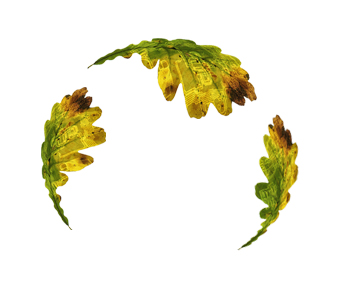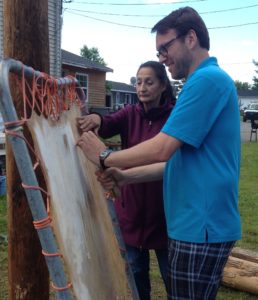Environmental and Sustainability Education in Teacher Education (ESE-TE) remains a critical challenge for faculties of education across Canada. At a time when the impacts of climate change, biodiversity collapse, mass migration, and food and water shortages are increasingly evident throughout the country (Worldwatch Institute, 2018), the roles of educators at all levels of our education system are imperative to help Canadians make cultural and societal shifts to more sustainable forms of living. Teacher educators are key actors in this, given their influence on the education and training of pre-service and in-service teachers.
This special issue of the Canadian Journal of Environmental Education (CJEE) invites Canadian teacher educators to share their research on ESE-TE to raise and strengthen the profile of this developing field. Although not exhaustive, several questions arise: How are teacher educators in faculties of education contributing to this shift, from policy, praxiological, philosophical, theoretical, conceptual, methodological, curricular, and pedagogical standpoints? What lessons are being learned? What evaluations are being made? How are they impacting the field as a whole? What challenges are slowing down progress in this field?
The call was inspired by the Research Roundtable on Environmental and Sustainability Education in Teacher Education, hosted as part of the Canadian Network for Environmental Education and Communication’s (EECOM) annual conference in Cranbrook, BC. All Canadian teacher educators and scholars doing research in this area are welcome to submit works for review in any of the related discourses, for example – Environmental Education, Education for Sustainable Development, Environmental and Sustainability Education, Place-based Education, Sustainability Education, Nature-based Learning, Eco-Justice Education, or Traditional Ecological Knowledge and Wisdom, in relation to Teacher Education.
For more information, please contact Susan Docherty-Skippen (susan.docherty-skippen@brocku.ca). Please submit manuscripts through the CJEE author submission process – noting that the manuscript is for the ESE-TE themed issue. Guidelines for submissions, e.g., word length, publication style, etc., can be found on the CJEE website: http://cjee.lakeheadu.ca
Deadline for submissions is February 28, 2019.


